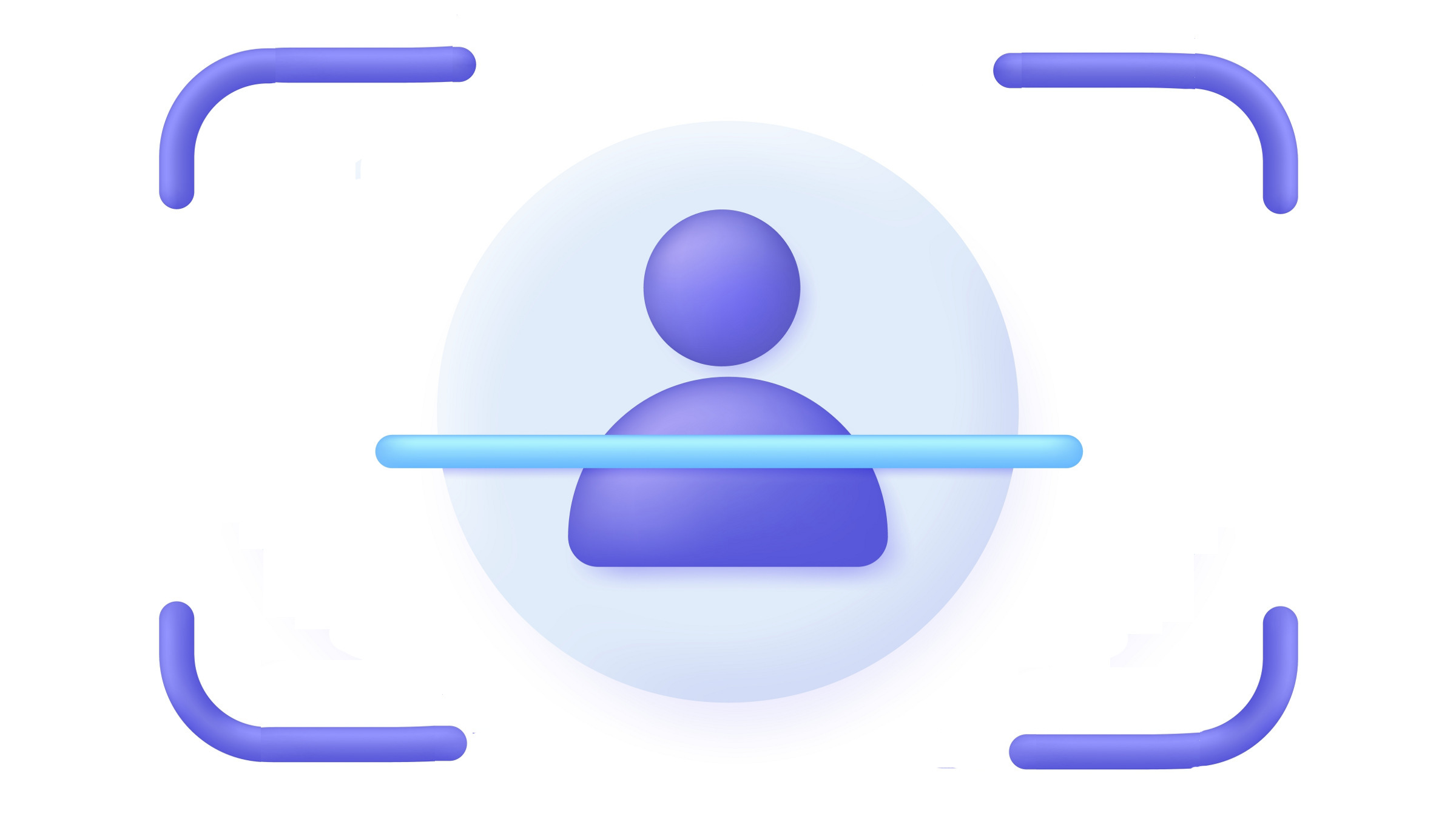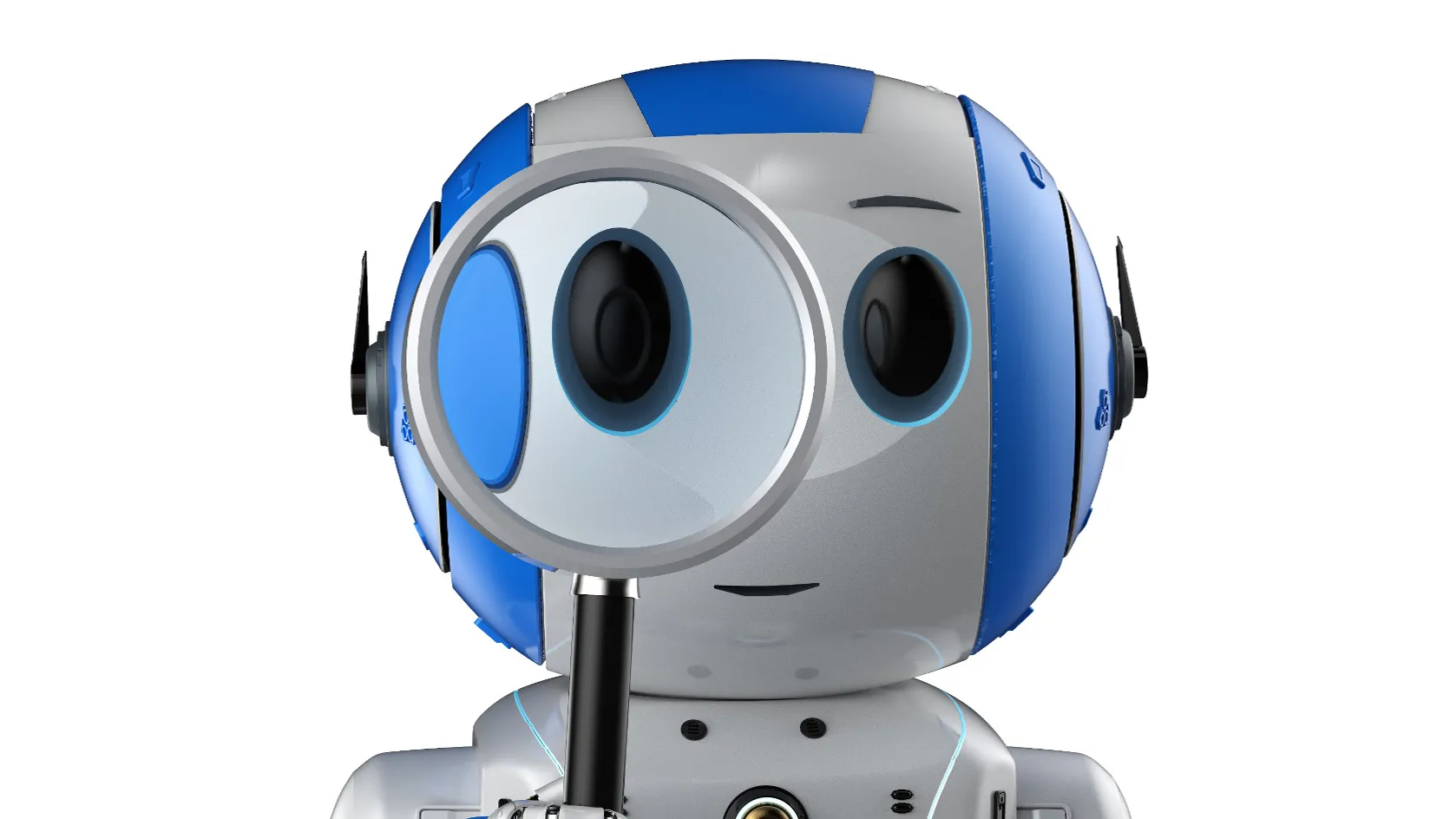
If the best human athletes compete in physical sports at the Olympic Games, why not let our most intelligent computers compete against each other in more cerebral games? That is the rationale behind the Computer Olympiad, which was launched in 1989; the 18th Computer Olympiad recently was held in Leiden, the Netherlands.
During the event, computer programs competed against each other in 25 games, ranging from classic board games like draughts (checkers), chess, and go, to more exotic games like EinStein würfelt nicht! ("does not play dice"), Shogi, and Diplomacy. Programmers from Europe, the U.S., China, Japan, and Taiwan came to Leiden to have their programs compete, but also to share the latest advances in game-playing techniques.
When I entered the Olympiad, the world champion computer chess program, Jonny, was playing against the second-ranked program, Komodo. To put their chess-playing capabilities into perspective, consider the Elo rating system of ranking the relative skill of chess players; the best human chess player in the world, Norwegian grandmaster Magnus Carlsen, has an Elo rating of around 2,850 points, while Jonny and Komodo each have ratings around 3,200. Even Carlsen would have little chance to win a match against Jonny or Komodo.
I look at the chessboard when somebody next to me says, "Human players would already have agreed on a draw," but the game continues. Later that day, I learn Jonny had beaten Komodo after 158 moves. Computers keep surprising us.
After a week of playing against all comers, Jonny is crowned the new World Computer Chess Champion, with a record of 6 wins and 2 draws.
Diplomacy
Since IBM’s supercomputer Deep Blue beat Garry Kasparov in 1997, programmers have been looking for challenging games in which computers still lag behind humans. One such game is Diplomacy, which reportedly was Henry Kissinger’s favorite game. This year, for the first time, the Computer Olympiad hosted a Computer Diplomacy Challenge.
Diplomacy is a board game in which seven players, each representing one of seven European superpowers in the year 1900, try to conquer Europe. Each player has armies and naval fleets, and has to try to conquer at least 18 of 34 supply centers. Interestingly, no single player can win the game individually; they must negotiate with each other (although every player can break promises, just as in real life).
The driving force behind the Computer Diplomacy Challenge was astronomy professor Simon Portegies Zwart of Leiden University, who uses some of the most powerful supercomputers in the world to model the behaviors of billions of stars in the Milky Way galaxy, so he is quite aware of the strengths and weaknesses of these silicon super-brains. He explained, "I see Diplomacy as a new way of testing the intelligence of computers. Where computers outperform humans in chess thanks to a brute force approach, Diplomacy can never be won by brute force alone. Diplomacy involves social reasoning, reasoning about what other players think and feel, and how this affects their behavior."
I went to watch a game of Diplomacy. After co-organizer Ben Ruijl pressed the start button, I saw actions taking place on the map of Europe on the computer screen at very high speed. While humans can easily play a single game of Diplomacy for a day or more, this game was over in just two seconds. The computer programs play 100 such games during the day, and the one who wins often is declared the champion. Afterward, the programmers go through the log files to analyze all the moves and negotiations that took place.
The winner is the program D-Brane, written by Dave de Jonge, a Dutch artificial intelligence researcher working at the Artificial Intelligence Research Institute in Barcelona, Spain. He explained how computer science can benefit from the game: "Other players are not just opponents, but also partners. Every player has to think which coalitions to form and how to keep them stable. You have to cooperate in such a way that you maximize your own profit without a partner breaking the coalition. Diplomacy is not just a strategic game, but most of all a psychological game. A genius player without social skills will never win. To play Diplomacy, a computer has to learn to think more like a human and less like a computer."
De Jonge said computer programs "hardly use psychology. A computer can easily make 1,000 proposals that only slightly differ; humans would get very angry with such behavior. Another difference is that humans sometimes deliberately make vague or ambiguous promises; our programs can only make hard, objective promises. The greatest difference may be that humans constantly use jokes and compliments to influence other players; this is hard to program."
Computer Diplomacy today is in a similar state to where computer chess was in the early 1960s, when a computer beating the best human chess player seemed impossible; yet it happened, almost four decades later. That may be good reason to expect computers will be much more sophisticated in their social reasoning 40 years from now.
Bennie Mols is a science and technology writer based in Amsterdam, the Netherlands


Join the Discussion (0)
Become a Member or Sign In to Post a Comment